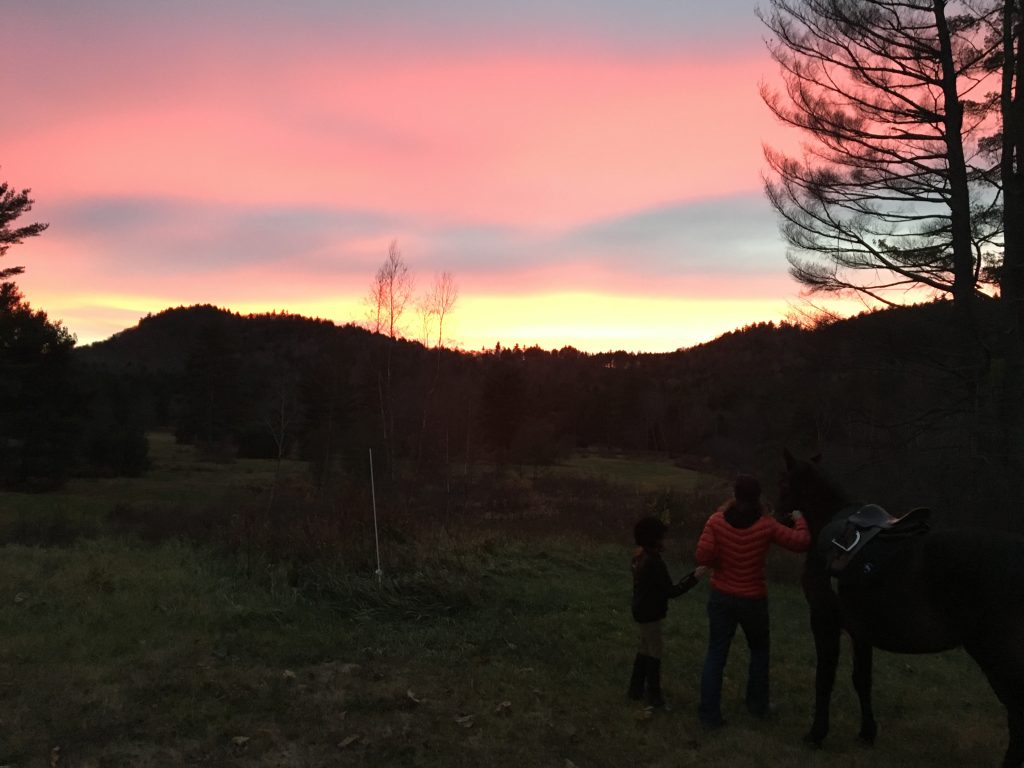Polish proverbs, which one is your favorite? Posted by Kasia on Nov 23, 2016 in Grammar, Phrases
Despite being a modern country in every sense of the word Poland still retains very many of the vestiges of traditionalism (ślady tradycjonalizmu). It’s very catholic, particularly in the older generations, and still in touch with the great Eastern European, soft-spot for superstition. It should come as no surprise then, that a very many so called ‘old wives tales’ ) (babskie gadanie), idioms and proverbs originate from this area of the world.
But traditional as they are, proverbs are proverbs because they have that eloquent ability to summarise the truth of a matter in just a few words, or a single sentence; at least, they did once, for somebody, somewhere.
Here are few interesting Polish proverbs:
“Swój ciągnie do swojego”, meaning “same kinds attract”. This one’s a little odd, as in English the closest, and indeed a common saying is that ‘opposites attract’, which is much more in-line with the other Polish proverb Kto się czubi, ten się lubi, meaning ‘those who argue, like each other’.
“W zdrowym ciele, zdrowy duch” , meaning literally “healthy soul, healthy body”. It’s pretty similar to the English ‘healthy mind, healthy body’.
“Potrzeba jest matką wynalazków”, means ‘necessity is the mother of invention’, and alludes to the fact that when people need something, the push to produce it is driven by greater tenacity and determination.
“Ręka rękę myje”, meaning literally ‘one hand washes the other’, and has the English proverbial equivalent ‘you scratch my back and I’ll scratch yours’.
“Co nagle, to po diable” – “the devil dictates when you hurry”.
“Ładnemu we wszystkim ładnie”, is a lovely sentiment, meaning ‘someone pretty looks pretty in everything’.
“Komu pora, temu czas” , is a rather sinister reminder of the inevitability of death, meaning ‘when it’s your time to go, you must go’.
“Jak cię widzą, tak cię piszą” – How they see you, that’s how they perceive you
“Gdyby kózka nie skakała, to by nóżki nie złamała” – If the goat didn’t jump, she wouldn’t have broken her leg
“Co kraj to obyczaj” – Each country has it’s own tradition
“Co ciało lubi, to duszę zgubi” – What likes the body will loose the soul
“Komu pora, temu czas” – When it’s your time, you have to go
“Nie chwal dnia przed zachodem slońca” – Don’t praise the day before sunset
“Wszędzie dobrze, ale w domu najlepiej” – Everywhere’s fine, but the best at home
“Bez pracy nie ma kołaczy” – Without work there will be no supper
“Gdzie diabeł nie może, tam babę pośle” – Where devil cannot go, he will send a woman
“Gdzie dwóch sie bije, tam trzeci korzysta” Where two are fighting, a third one wins
The proliferation of proverbs in Polish is an indicator the language’s rich history and character. Using them in the right context is a high level skill, showing you not only understand the contextual associations of a conversation, but that you are engaged with the history and culture of Poland and the Polish people.

Build vocabulary, practice pronunciation, and more with Transparent Language Online. Available anytime, anywhere, on any device.
About the Author: Kasia
My name is Kasia Scontsas. I grew near Lublin, Poland and moved to Warsaw to study International Business. I have passion for languages: any languages! Currently I live in New Hampshire. I enjoy skiing, kayaking, biking and paddle boarding. My husband speaks a little Polish, but our daughters are fluent in it! I wanted to make sure that they can communicate with their Polish relatives in our native language. Teaching them Polish since they were born was the best thing I could have given them! I have been writing about learning Polish language and culture for Transparent Language’s Polish Blog since 2010.





Comments:
Kris Lange:
“Wszędzie dobrze, ale w domu najlepiej” – Everywhere’s fine, but the best at home. This was our favorite saying when I was growing up – whether it was said in Polish or English. Come to think of it, I still say it all the time.
Sarah:
I was just wondering– my Polish grandfather used to say something about a bird and a fish may love each other, but where would they make their nest– is that a Polish phrase? What’s the Polish version if any? Thanks!